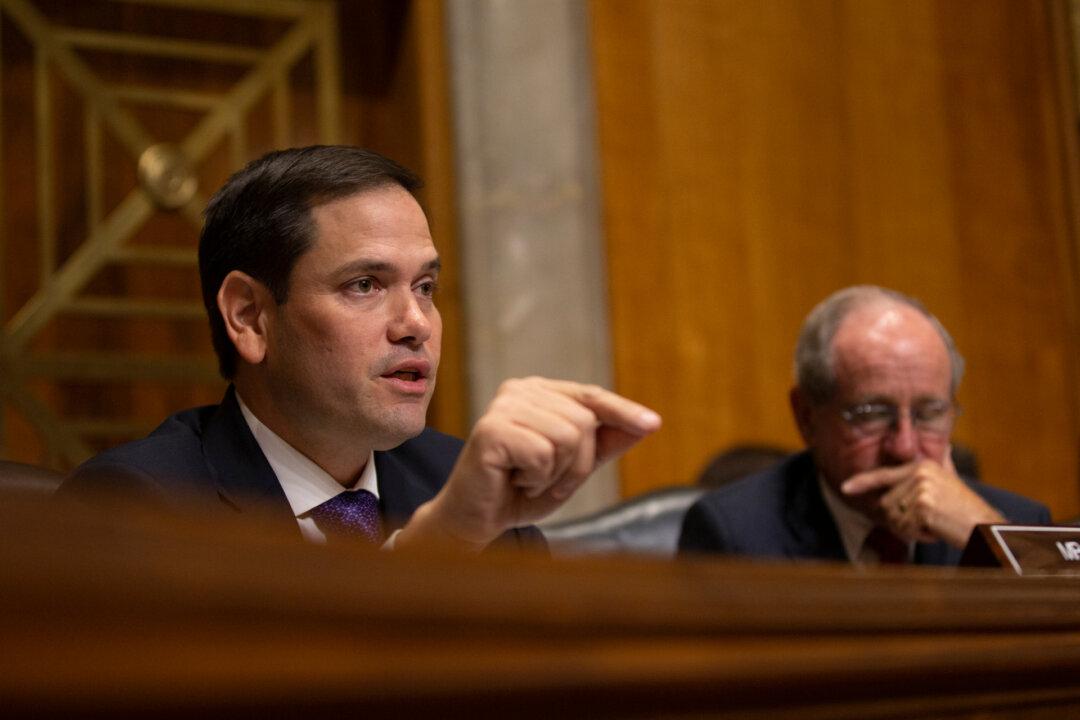Four Republican senators have called on the Chinese Communist Party (CCP) to stop spreading disinformation about the origins of the coronavirus outbreak and join the international community to combat the global pandemic.
“The false information being spread by CCP officials, as well as medical professionals linked to the CCP and state-controlled media outlets, is irresponsible and dangerous to global public health,” Sens. Jim Risch (R-Idaho), John Barrasso (R-Wyo.), Marco Rubio (R-Fla.), and Cory Gardner (R-Colo.) said a March 16 joint statement.





